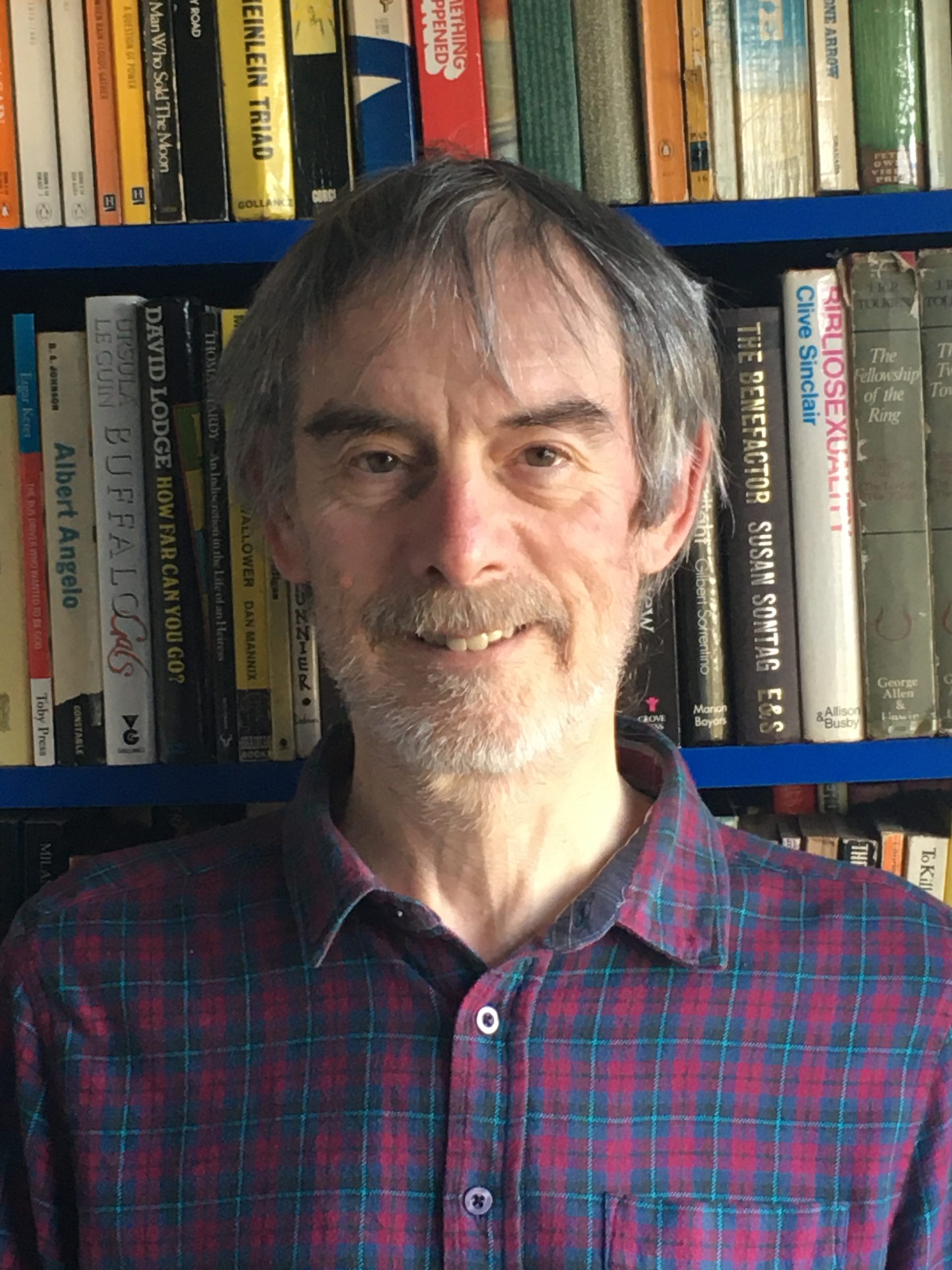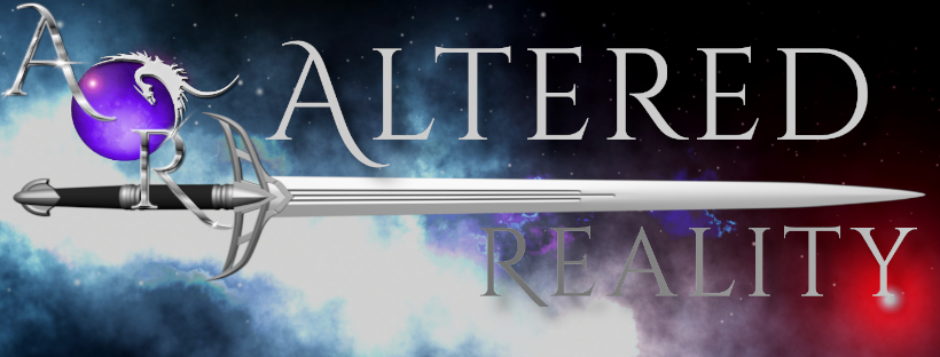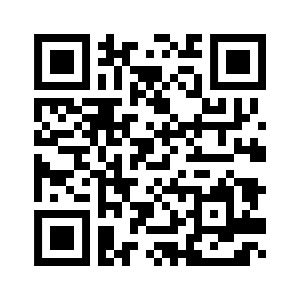by David Rudd
Paolo Tikalda lay in his sisal hammock, stirring the soupy air with a dangling leg. Sixty miles away, a Land Rover negotiated the Yucatan peninsula. Inside, Daniel Rhodesh and his camera crew baked like clay pots in an oven. They were sick of the everlastingly straight highway that stretched like a bowstring before them.
“Can’t you go any faster?” snapped Joel, wiping his neck with a cloth.
“You want to end up in the ditch?” retorted Pete.
“Shut it, you two!” said Rhodesh, from the back. “I’m trying to record.”
Joel didn’t argue. It was too much effort. In that gloopy air, breathing was hard enough. He gazed out at the scrubby landscape. “I hope this hike’s worth it,” he muttered.
“It will be,” returned Rhodesh. “Another beautiful Rhodesh exposé.”
Both Pete and Joel were sick and tired of his exposés. In the old days, it had meant something. Rhodesh’s books on the paranormal had been seminal in challenging the claims of mediums, spoon-benders, ufologists and the like. He’d then hosted a TV series, The Rhodesh Exposé, which had also been a great success. But, by the second series, the public appetite for such pseudoscience had waned. And this, an intended third series (some ten years on), felt a more desperate and contrived exercise, which had made Rhodesh only more bullish in his methods.
He and the boys, Pete and Joel, were now on the last leg of shooting. But it was not going well. The final straw had occurred the previous week when Rhodesh had chartered a plane to fly over the famous Nazca Lines in Peru. He’d wanted to lampoon the ufologists’ notion that this ancient site was an airfield for extra-terrestrial spaceships (“which obviously need runways!” as he’d sarcastically commented).
The plan was for Peter and Joel, dressed as ufologists — “anoraks,” as Rhodesh insisted on calling them — to stand on one of the long straight lines in the Nazca Desert, as if on the lookout for spacecraft. Then Rhodesh, in a chartered plane, was to swoop over, pretending he was about to land. The voiceover would announce, “And here comes their astronaut god now!”
But Rhodesh, who quite liked the idea of playing God, couldn’t resist making the scene more dramatic. He’d dive-bombed his associates. Pete and Joel could hardly believe it when they watched the footage: each of them sprawling in the dirt while Rhodesh guffawed snarkily.
#
The team finally reached their destination, a dusty village deserted but for a few scrawny chickens.
“I thought these Mayans were obsessed with time,” remarked Pete.
“It’s siesta,” replied Rhodesh. “The perfect hour for surprises.” He scrutinized a hand-drawn map. “That’s the one!” he shouted finally, gesturing towards a wattle dwelling.
When they had unpacked, Joel shot some footage of the exterior — in case that was all they managed (they often left in a hurry) — whilst Rhodesh knocked at the wooden door. It swung ajar.
Joel took a close-up of the copper-coloured, sinewy man emerging. The man barely had time to wish them “Buenos Dias” before Rhodesh bustled him inside. Had it not been for their shiny equipment, the man might have objected.
Before Paolo could offer refreshments, the ruddy-faced man was pointing at him: “Are you Tikalda, the craftsman?”
Rhodesh caught the repetition of the word “Tikalda” in the Indian’s reply, but the rest was indecipherable.
“Damnit!” Rhodesh turned to his grinning crew. “Did either of you get that?”
“No, señor,” mocked Joel.
While they bickered, Paolo examined their equipment. He loved the smooth, metallic surfaces, the coils of cable, the buttons and switches. Discovering a pair of headphones, he intuitively pulled them over his head. Joel and Pete giggled.
“There’s your Mayan spaceman for you,” Joel informed Rhodesh.
Rhodesh was not amused. “Get them off him and shoot his reaction to this.” Rhodesh presented Paolo with a picture of a stone carving. It showed a Mayan god seated at what looked not unlike a flight-control panel.
Paolo recognized his own work and began talking rapidly. He was disappointed they could not understand him. “Momento,” he eventually said, leaving his hut to return, a few minutes later, with a hunchbacked stone figure.
Rhodesh seized it exultantly, confirming to camera that the “hunch” was an air tank. Paolo stood by, pleased to see the man smile. He was about to serve them corn-milk when their voices again rose in anger.
Paolo left them to it, pulling the headphones back over his ears. He squatted by one of the gleaming containers, enjoying the sight of his reflection.
Joel was challenging Rhodesh. “Why can’t we go on to Mérida? You’ve got what you want here.”
“We still need footage of him making this stuff.”
“Well, ask him!”
“But we don’t speak the language, bollock-brain! And do you think he’d tell us?”
“He hasn’t been unhelpful so far.”
Rhodesh grunted. “Well, perhaps one of you, ever-so-nicely, could ask him!” He looked down at the squatting figure. “And keep him off our stuff!” Rhodesh stormed out of the hut.
Pete caught the Indian’s attention and held aloft the hunchbacked figure, making chipping movements. Paolo’s eyes lit up. He led Pete and Joel outside, past Rhodesh, who, when he saw them walking purposefully towards a tumbledown shed, fell in line.
Paolo, chattering volubly, shepherded them inside. He pointed to the shelves lining the walls. They were stacked with carvings of different designs, plus some plaques of helmeted figures and bits of frieze showing spaceships arcing the heavens. There were also piles of crucifixes, Buddha-like figures, clay pots, brightly dyed sisal bags and more. In the middle of the shed stood a tool-laden workbench.
“The motherload!” exclaimed Rhodesh. “Get some footage, guys, and have Tikalda do something creative at the bench.”
Pete and Joel collected their equipment while Rhodesh arranged a display of Paolo’s work on one of the shelves. Paolo seemed keen to help.
Everything ready, Rhodesh spoke to camera: “The Indian tried to conceal his workshop, but we eventually tracked it down.” Joel groaned, praying that the mic hadn’t heard him. He couldn’t bear another take. “This, Ufologists,” continue Rhodesh, “is where your spacemen originate. From the imagination of an illiterate Mayan Injun.”
At this point Joel, as instructed, swung the camera round, to show Paolo busy at his workbench.
“Chrissake, Pete!” yelled Rhodesh. “Get those cans off him!” Rhodesh turned away in exasperation. Unfortunately, he didn’t see the wooden chest behind him. He fell his length, barking his shins.
Joel, his camera still whirring like a cicada, was delighted with this outtake, although, shaking so much, he thought he might have ruined it.
Paolo, meanwhile, sprang into action, hurrying to the prostrate man’s side. Rhodesh fended him off, struggling to his feet and giving the chest a half-hearted kick. “More tourist junk, no doubt!”
“It’s that old Mayan curse,” said Pete, half under his breath. Rhodesh hobbled out, a stream of vitriol piloting his exit.
After Rhodesh had composed himself, they reshot the piece successfully.
#
Just as they were loading up, an old woman passed by, carrying a basket of tortillas. Pete wished her “Buena noches,” and was surprised to hear her reply in English.
Rhodesh, who was struggling aboard the Land Rover, turned to her. “Speak English, huh?” The pain in his legs made his mouth uglier. “Well, tell your phony friend we’re exposing his racket.” Rhodesh slammed the vehicle door.
“That wasn’t necessary!” Pete shouted. He thrust the headphones into the woman’s basket. “A thank-you gift.”
#
Paolo remained in his workshop till dusk, brooding over what Juanita had told him.
Then a deep voice greeted him in the local dialect. “Cool headgear.”
Paolo perked up when he saw who it was. “I hope you parked carefully. I don’t need more trouble.”
“Trouble?” the stranger tilted his head, revealing silvery strands of hair beneath his sombrero. His golden eyes were piercing.
“Oh … an angry man.” Paolo recounted the events of the day.
“Too bad. Good job you export most things. What we got?” The stranger spread his long, double-jointed arms and turned to the shelves. Though his poncho was loose, the swelling on his back was discernible.
Paolo indicated the box that had floored Rhodesh.
“I hope you put in more crucifixes,” said the stranger. “They sell like hot caky things.”
The two shared some corn-milk before the stranger departed.
#
The Land Rover chased its pool of light along the dark road, Pete and Joel enduring Rhodesh’s groans.
Suddenly there was a piercing scream and a thin white disc sliced across the sky, dipping over their vehicle’s roof. Pete instinctively swerved, landing them in the ditch, the Land Rover on its side.
Inside the vehicle there was silence. Even Rhodesh’s groans had ceased. His mouth was opening and closing like a fish’s, his hands trembling.
It was Pete who broke the silence. “Now that’s what you call a Yoofo!”

Dr David Rudd, 70+, is an emeritus professor of literature who turned out academic prose for some 40 years before letting his imagination off the leash.
He has since published some 25 stories in publications like Bandit Fiction, Bewildering Stories, Black Cat Mystery Magazine, The Blotter, Corner Bar Magazine, Erotic Review, The First Line, Jerry Jazz Musician, Literally Stories, and Scribble. He also enjoys performing folk/blues music on various instruments (guitars, fiddles, harmonicas, etc.), but this pastime is far more derivative.
David can be contacted at d.rudd@bolton.ac.uk
![]()





